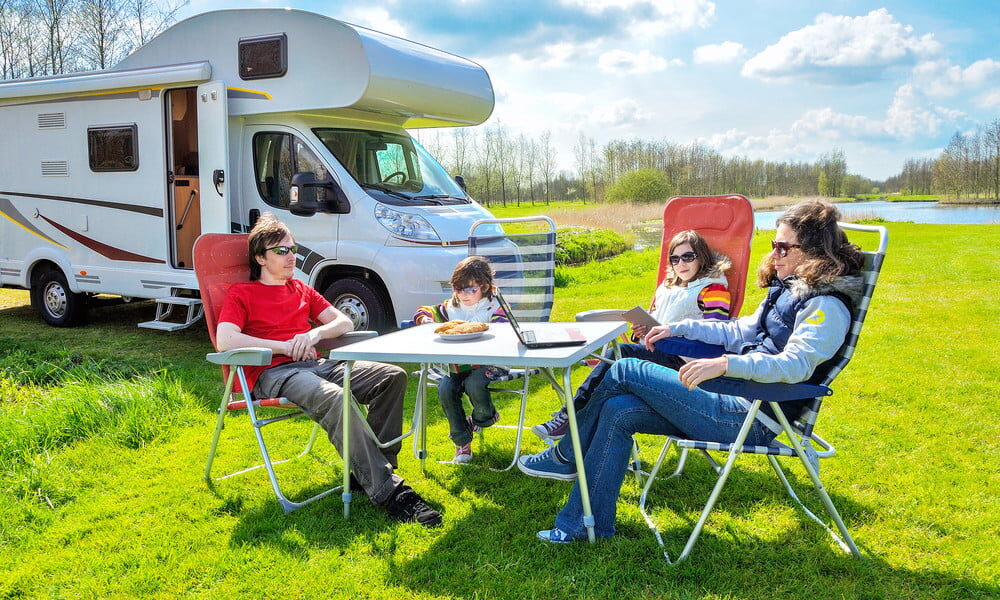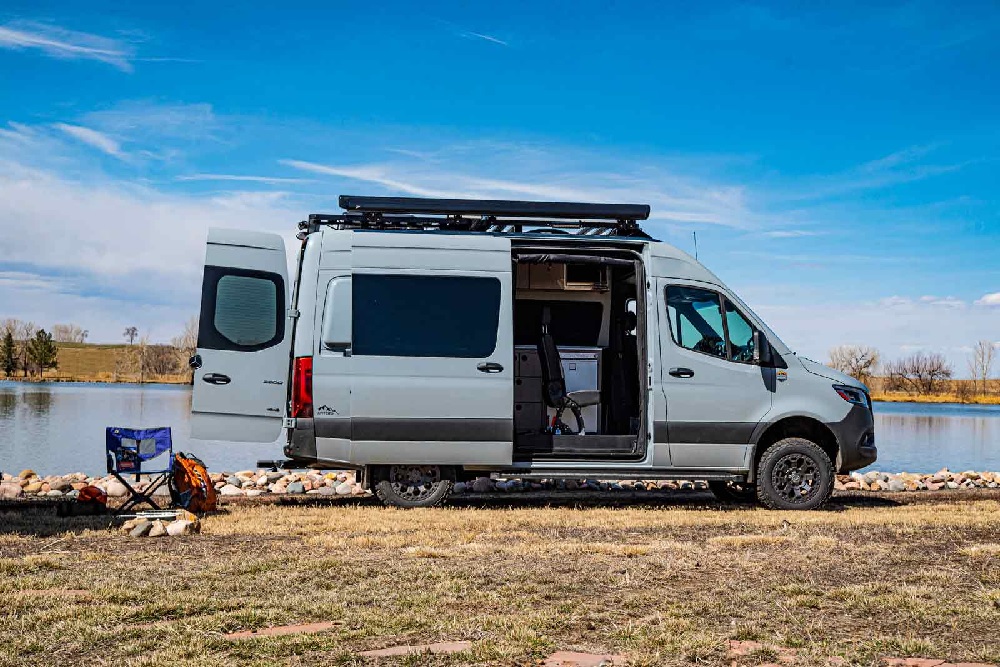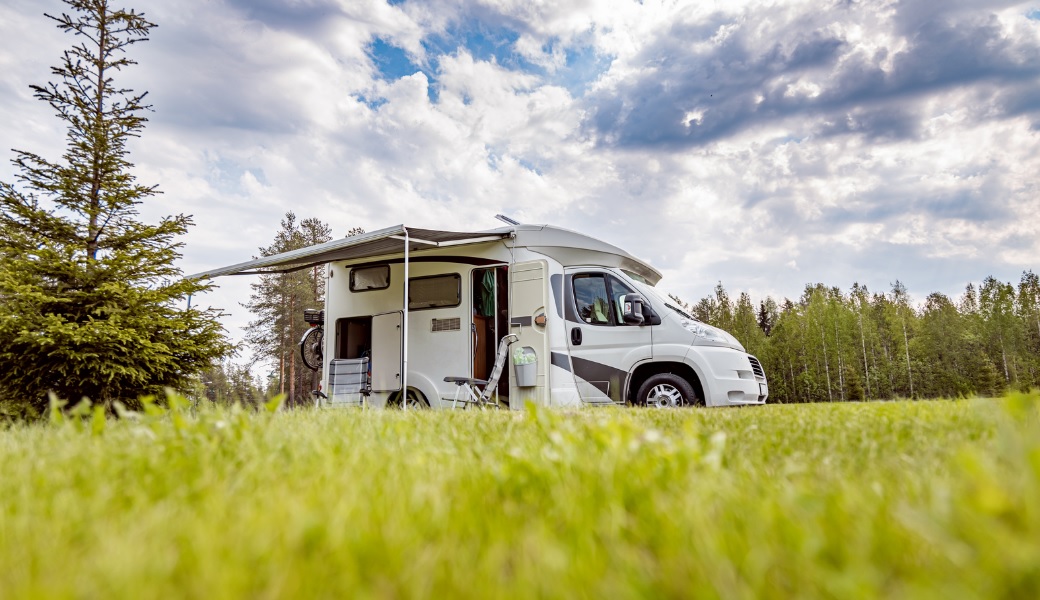Boondocking, also known as dry camping, is a popular way for RVers to enjoy the great outdoors without sacrificing the comforts of home. Unlike traditional camping, boondocking involves parking your RV in a remote location where there are no hookups for electricity, water, or sewer. While boondocking can be a fun and rewarding experience, it also requires careful planning and preparation. Here are some essential tips to make your next boondocking adventure a success:
1. Choose the Right Location
The first step in boondocking is to find a suitable location. There are many resources available online, such as RVing forums and websites, that can help you find the perfect spot. When choosing a location, consider factors such as safety, accessibility, and proximity to amenities like grocery stores and gas stations. It’s also important to check for any restrictions or permits required for camping in the area.
2. Conserve Water and Power
Since boondocking involves living off the grid, it’s essential to conserve your water and power resources. This means taking shorter showers, turning off lights and appliances when not in use, and using solar panels or generators to recharge your batteries. It’s also a good idea to bring extra water and fuel in case of emergencies.
3. Practice Good Waste Management
When boondocking, it’s important to practice good waste management to avoid polluting the environment. This means using biodegradable soap and cleaning products, disposing of waste in designated areas, and avoiding dumping gray or black water on the ground. It’s also important to pack out all trash and litter to keep the area clean and pristine for future campers.
4. Be Prepared for Emergencies
Boondocking in remote locations can be unpredictable, so it’s important to be prepared for emergencies. This means bringing a first aid kit, extra food and water, and a backup power source like a portable generator. It’s also a good idea to have a satellite phone or other means of communication in case of an emergency.
5. Respect the Environment and Wildlife
Boondocking is all about enjoying the natural beauty of the great outdoors, so it’s important to respect the environment and wildlife. This means staying on designated trails, avoiding disturbing wildlife, and leaving the area as you found it. It’s also important to be mindful of noise pollution and to keep your pets on a leash to avoid disturbing other campers.
Conclusion
Boondocking can be a fun and rewarding way to experience the great outdoors, but it requires careful planning and preparation. By following these essential tips, you can make your next boondocking adventure a success while minimizing your impact on the environment. Remember to choose the right location, conserve your resources, practice good waste management, be prepared for emergencies, and respect the environment and wildlife. With these tips in mind, you can enjoy all the benefits of boondocking while protecting the natural beauty of our planet.




